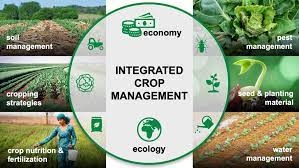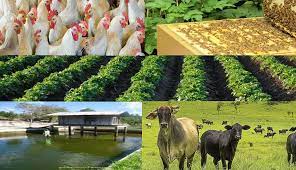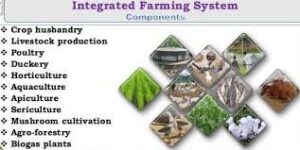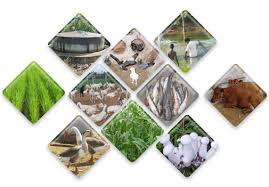


A Integrated Farming System (I.F.S.) is a combination of many systems. The main aim is to increase farmers income by using natural resources on a sustainability basis which can be obtained by integrating crop husbandry with allied enterprises.
Advantages:
* Productivity.
* Profitability.
* Sustainability.
* Saving Energy.
* Employment all year round.
* Adapter of new technology.
* Recycling of waste.
An integrating farming system (IFS) is one that looks at the whole farm as a system and how different components work together to enhance ecosystem functions of the land at local and possibly landscape levels. The use of IFS will impart knowledge on land and water resources management and agriculture. It could also provide employment, particularly for young graduates, as an IFS system requires paid workers to run it properly.
IFS is a multi – disciplinary whole farm approach and very effective in solving the problems of small and marginal farmers. The approach aims at increasing income and employment from small – holding by integrating various farm enterprises and recycling crop residues and by – products within the farm itself.
Types of IFS:
* Crop – Livestock – Farming.
* Crop – Livestock – Fishery Farming System.
* Crop – Livestock – Poultry – Fishery Farming System.
* Crop – Poultry – Fishery – Mushroom Farming System.
* Crop – Fishery – Duckery – Farming System.
* Crop – Livestock – Fishery – Vermicomposting Farming System.
Sustainable development is the only way to promote rational utilization of resources and environmental protection without affecting economic growth. IFS hold a special position because in this system nothing is wasted; the by – product of one system becomes the input for others.. IFS is a promising approach for increasing overall productivity and profitability through recycling the farm by – products and efficient utilization of available resources.

